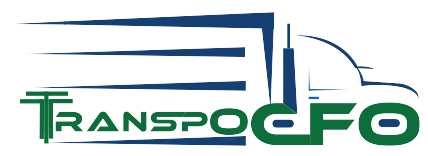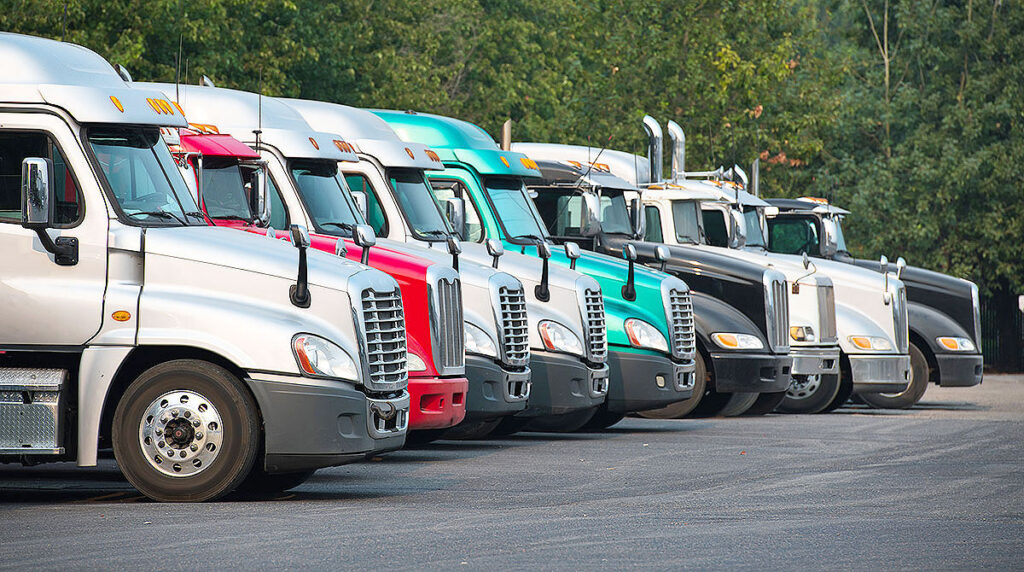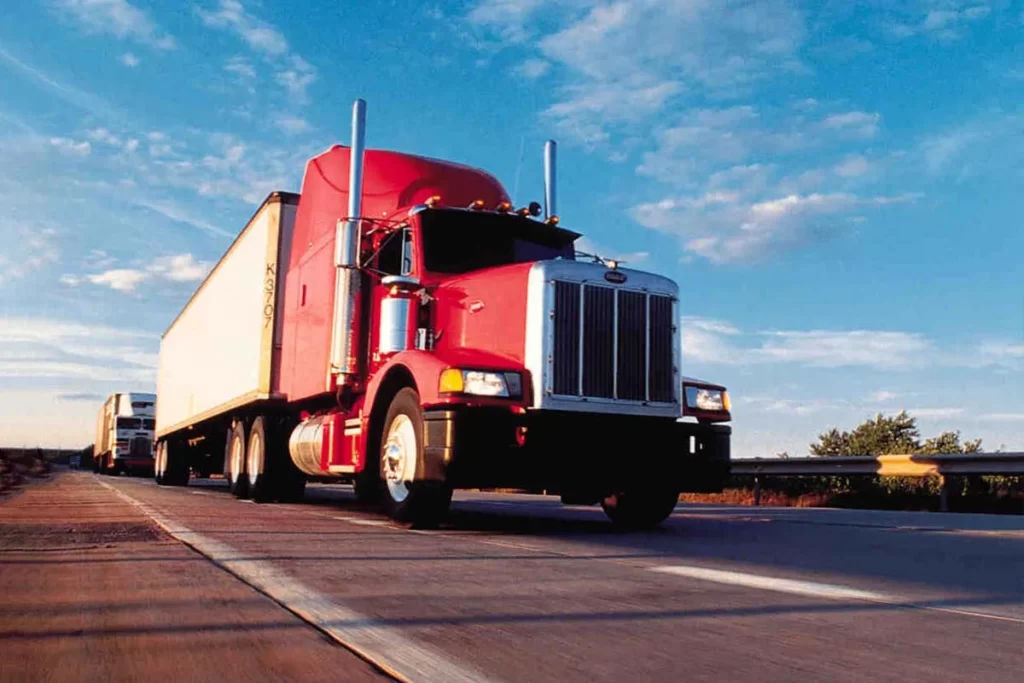Accounting For Truck Drivers
Four Common Trucking Business Mistakes
The trucking industry is constantly changing, and for truck drivers, truck companies, and owner-operators that means that you also have to be constantly changing.
Aligning with local legislation, maintaining records, and being your own trucking accountant while still meeting the demand of your business is a hard line to tow; however, it’s necessary nonetheless.
Here are four of the most common mistakes fleet owners and owner operators make when it comes to finances and how TranspoCFO can make sure you avoid them all.
Not saving receipts or tracking expenses
Perhaps the easiest of them all, we see this mistake happen time and time again. Fleet owners and owner operators need to keep track of receipts for all trucking expenses including: fuel, lodging, meals, parking fees, truck maintenance, and more.
Finding a simple and convenient way to keep receipts organized and at the ready will make both bookkeeping and tax preparation for truck drivers a breeze. Even better, having a safe place to store receipts can also make any potential audits error-free which means you won’t have to pay any penalty fees.
Using traditional tax preparation services
Taxes for fleet owners and owner operators are very different from the average Joe’s taxes – and that’s where the mistakes happen. Fleet owners and owner operators need to take into account things like special tax, 1099 trucking forms, owner-operator tax write-offs, and truck driver tax deductions.
With all these financial aspects when it comes to taxes, drivers and owner-operators need to work with tax professionals specialized in the trucking industry. Using a traditional independent tax service can leave you overpaying on taxes and more prone to errors – which means more audits for you.
TranspoCFO is the ultimate tax preparer for truck drivers. We’ll not only check all the boxes you need for easy tax-filing, but we’ll also work with you every step of the way to make sure your trucking business is covered in case of any errors.
Putting off trucking bookkeeping
While no one loves reconciling their books every month, it’s absolutely critical to maintaining your business!
Our bookkeeping services not only allow you to stay on top of your finances and track your cash flow, but it also gives you a snapshot into how your business is performing overall within the trucking industry. You can find exactly where you’re spending money (and even where not to spend your money!) which will help you make more educated, financially-smart decisions in the future.
Bookkeeping softwares for trucking companies is a strong start for those trying to manage finances on their own, but no one manages trucking bookkeeping better than TranspoCFO.
Not forecasting financials or cash flow
With so many changes constantly impacting the trucking industry, fleet owners and owner operators need to be forecasting their finances, expenses, and cash flow every month.
Forecasting financials combined with scheduled bookkeeping can show you both how business is performing and what to expect in the coming months. Forecasting makes it easy for you to stay on top of bills, payments, and any other expenses while preparing you for the tax season.
TranspoCFO delivers top-notch truck driver tax preparation and accounting services for truck drivers. We’ll cover everything from pesky receipts and bookkeeping, to forecasting and tax preparation.
Accounting For Truck Drivers Read More »





